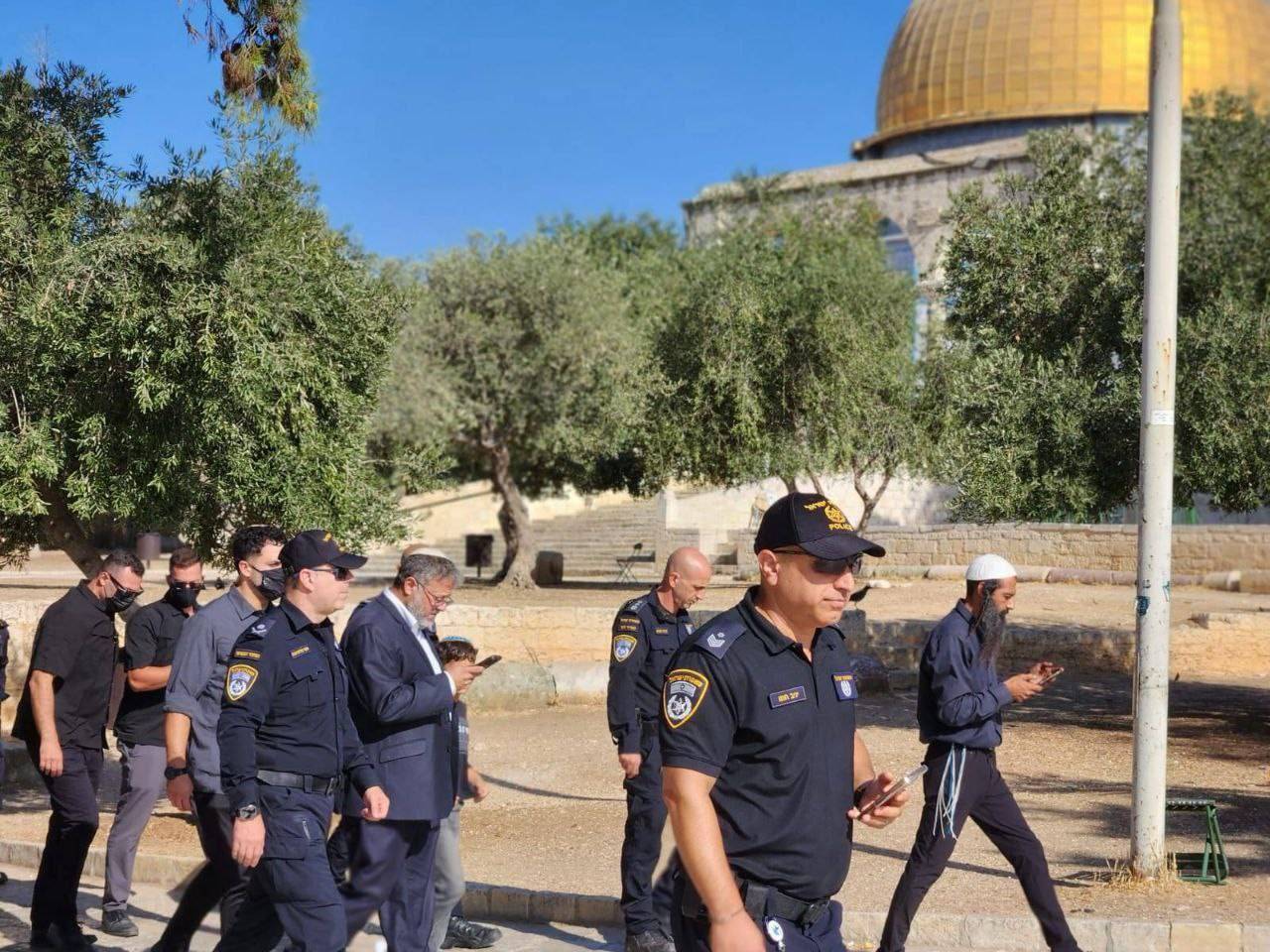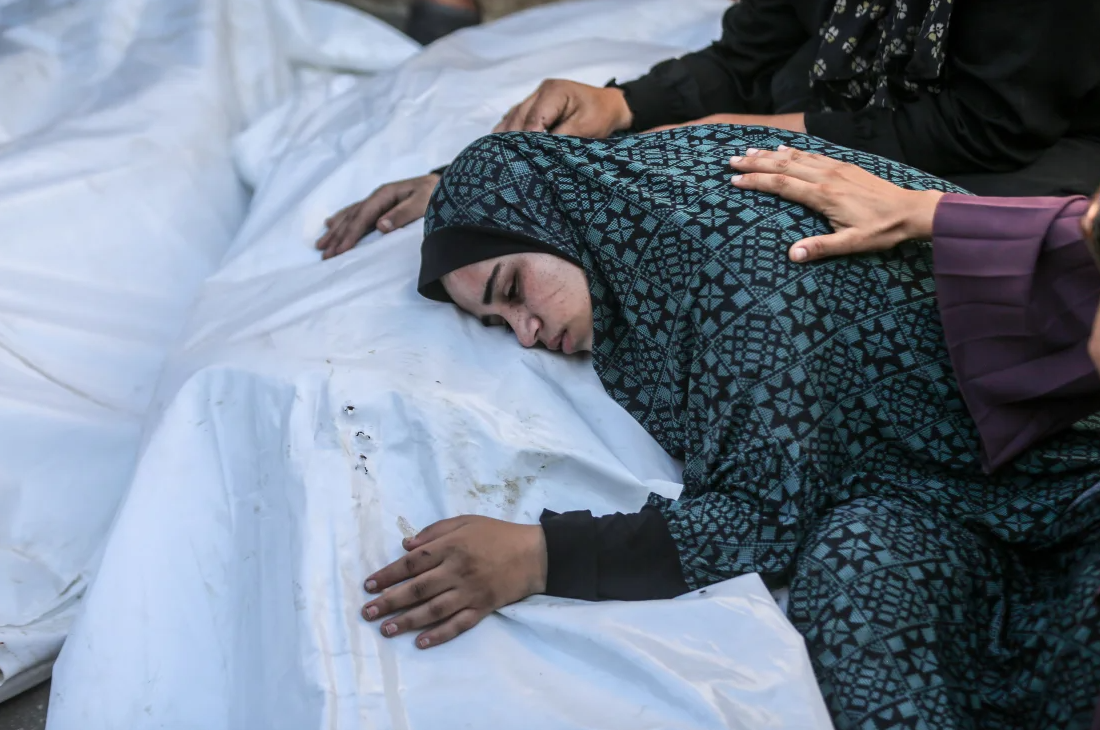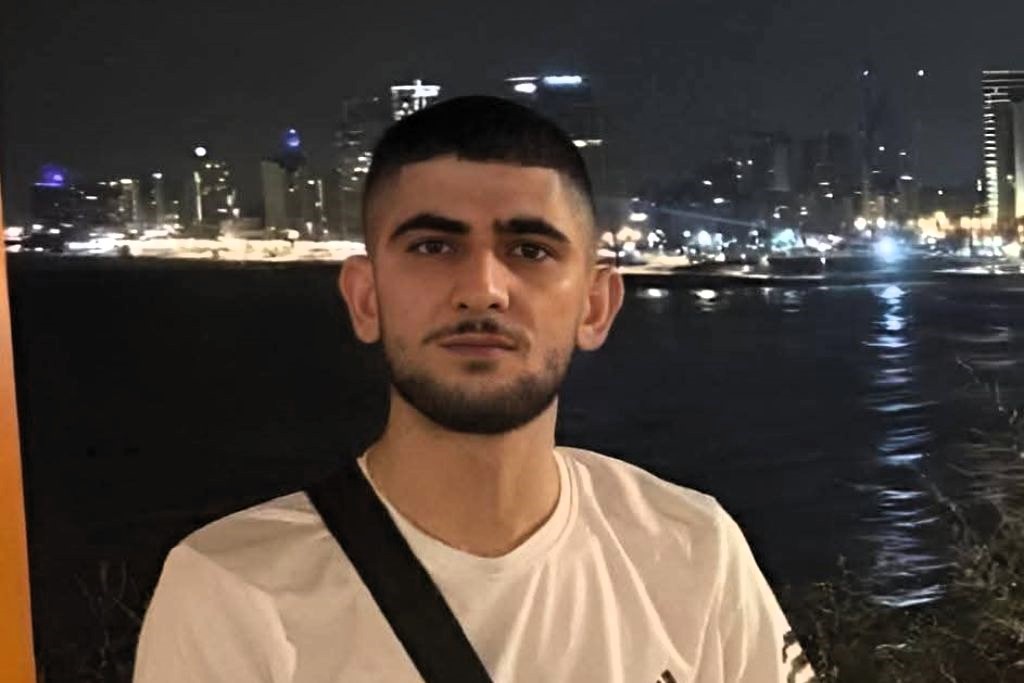TEL AVIV, October 7, 2009 (WAFA)- A growing number of Israeli Jewish youth facing mandatory military conscription -- the Shministim -- are breaking the chain of conventional cooperation with the occupation. Refusing to participate in a system they agree to be immoral as well as illegal, these young people exemplify complicity with their ethical values rather than their state's colonialist policies. The rebel news said.
The Shministim have also started linking up with American military resisters to strategize and build an international movement of opposition to the state-sponsored violence of occupation -- from the West Bank and
Since 1970, groups of Shministim -- Hebrew for 12th-graders -- have emerged, turning against the overwhelming current of generational militarism. Writing public letters to Israeli heads of state, Shministim cohorts refuse to participate in the system of occupation, and, more broadly, vociferously challenge a national attitude of supremacy and racist entitlement over historic
After witnessing brutal violence carried out by Israeli occupation soldiers against Palestinians in the West Bank
Not surprisingly, the Israeli government does not concur with Wind's revelation. Shministim refuseniks face draconian jail sentences in repeated cycles until they reach 21 years old or manage to secure a discharge on the basis of medical or mental health.
Israeli youth who refuse to cooperate with
Wind said that the political and ultra-religious environment in her high school led her to question the reality behind the ideologies of her government and her fellow students. 'A lot of my classmates were settlers, including extremists from [settlements in] the West Bank ... there were a lot of questions that surfaced for me. I didn't even use the word 'occupation' back then.' Through a discussion group with Palestinians in
Wind was sent to jail during the third week of the
Netta Mishly, also 19 years old and from Tel Aviv, was active in several political groups from early adolescence and supported by parents who encouraged her to think critically. She said that her decision to refuse was made clear during her activity against
She said that her life changed completely after returning to school. 'I kept hearing the same line [in class] that we need to defend ourselves, and we need to go to the army. I couldn't believe this anymore because I saw how the soldiers act on the ground. I connected with other activists and we started thinking about how we were going to take this difficult step, and we decided to keep working in the same tradition that started before us. We drafted a letter to the government, saying that we wouldn't take part in the terrible crimes that
Mishly was sentenced to a week in detention at the military base because there was 'no room' in the regular prison (during the December-January attacks on
Maya Wind offered her declaration of conscience to the military court. 'We can no longer term our military a 'Defense Force,'' she asserted. 'A defense force does not conquer lands of another people. A defense force does not assist in the building of settlements on those lands. A defense force does not permit settlers to throw stones at Palestinian civilians, nor does it deny them access to their lands and source of livelihood. None of these are acts of a defense force.'
Maya added 'The occupation has no defensive advantages. On the contrary, the pointless occupation of millions of people only leads to radicalization of opinions, hatred and the escalation of violence. Violence is a cycle that feeds into itself. This cycle will not stop until someone stands up and refuses uncompromisingly to take part in it. This is what I am doing today.'












